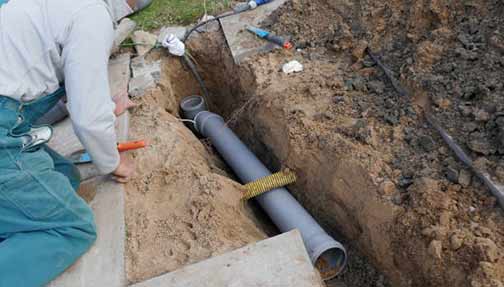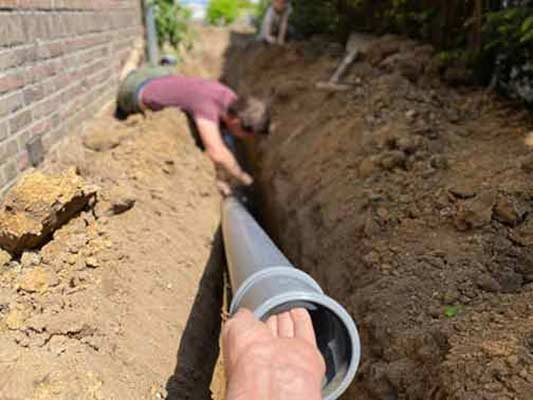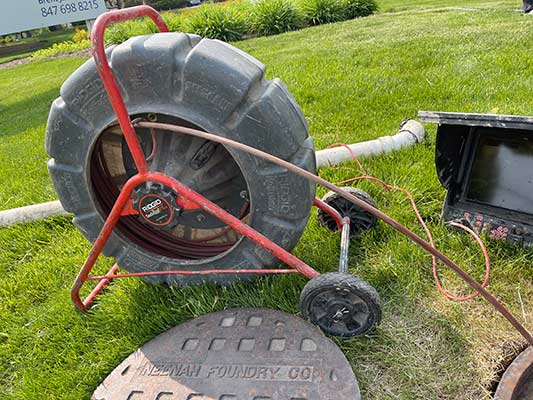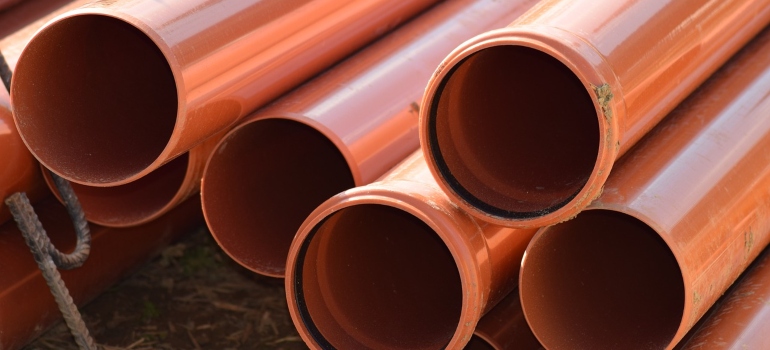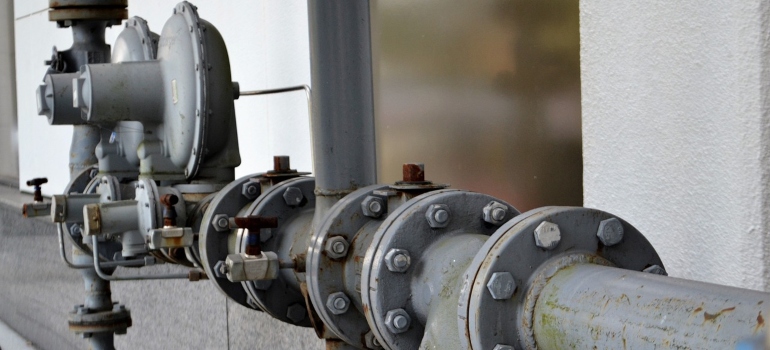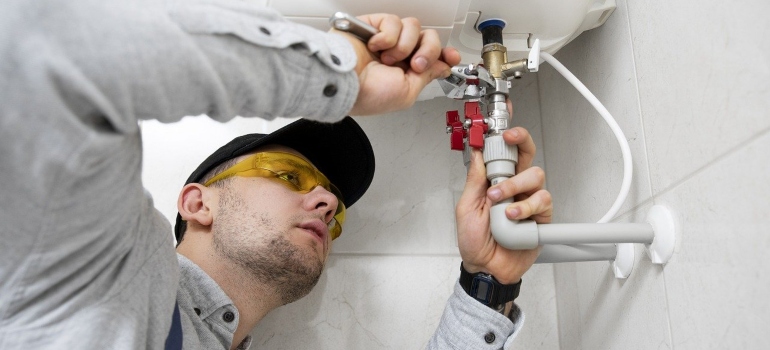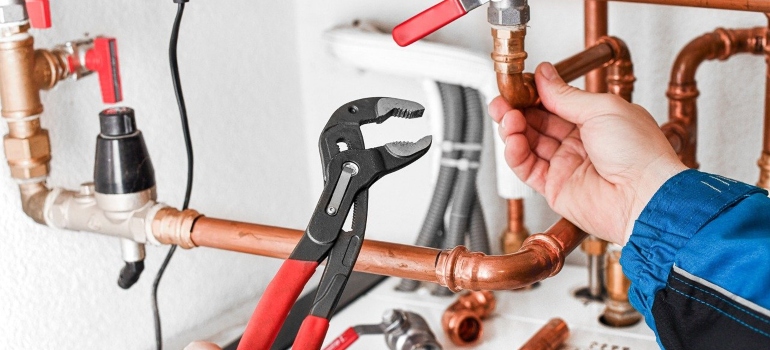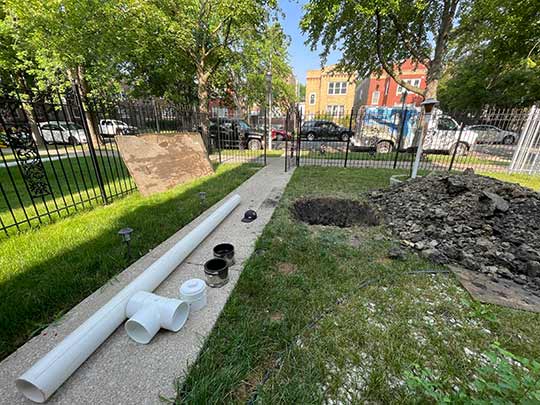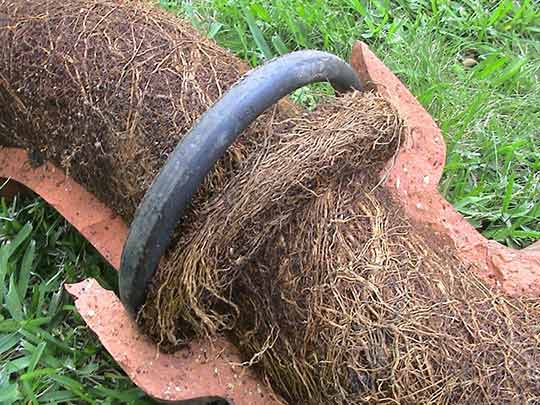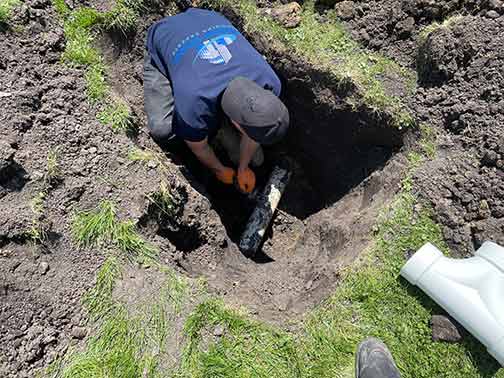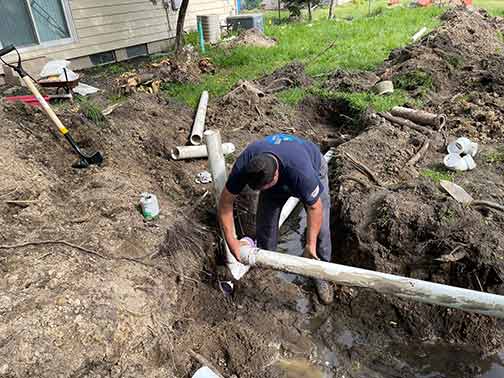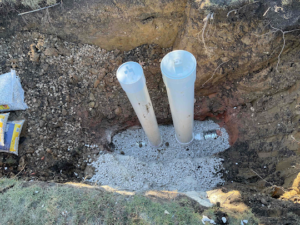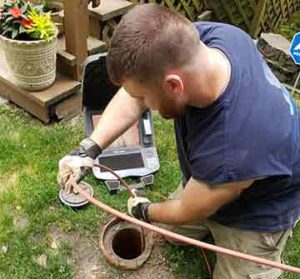When it comes to the maintenance of your property, few things are as crucial as the health of your sewer lines. A malfunctioning sewer system can lead to serious issues, including costly repairs and disruptions to your daily life. To avoid the hassle and expense of sewer line replacement, regular inspections and maintenance are key. In this article, we will explore the importance of proactive care for your sewer lines and provide useful tips on how to prevent the need for replacement.
The Consequences of Neglected Sewer Lines
Ignoring the maintenance needs of your sewer lines can have severe repercussions on your property and the environment. Here are some of the potential consequences that come with neglected sewer lines:
- Backups and blockages: Over time, debris, tree roots, and other obstructions can accumulate in your sewer lines, causing backups and blockages. This can lead to wastewater flooding into your home or yard, creating unpleasant living conditions and health hazards.
- Structural damage: If left unaddressed, sewer line issues can result in structural damage to your property. The pressure from backups and blockages can cause pipes to crack or burst, leading to costly repairs and potential foundation problems.
- Environmental contamination: A damaged sewer line can leak wastewater into the surrounding soil and water sources. This can contaminate groundwater and nearby bodies of water, posing risks to human health and the environment.
- Unpleasant odors: When sewer lines are compromised, foul odors can permeate your property. This can make your home or business an unpleasant place to be and leave a negative impression on visitors and customers.
The Role of Regular Sewer Line Inspections
In order to catch sewer line issues before they escalate, regular sewer line inspections are essential. By scheduling routine inspections, you can identify potential problems early on and address them promptly. Here’s why inspections matter:
- Early problem detection: Inspections allow professionals to identify any signs of damage, leaks, or blockages in your sewer lines. Catching these issues early can help prevent major problems down the line.
- Cost savings: Detecting and addressing minor sewer line issues is typically more cost-effective than waiting for a major problem to arise. Regular inspections can help you avoid expensive repairs and the need for complete sewer line replacement.
- Peace of mind: Knowing that your sewer lines are in good condition provides peace of mind. By being proactive with inspections, you can avoid unexpected emergencies and potential disruptions to your daily life.
- Compliance with regulations: In some areas, regular sewer line camera inspections are required by local regulations. By staying up to date with inspections, you can ensure compliance and avoid potential penalties.
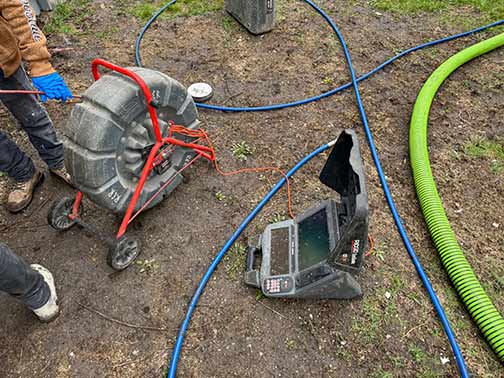
By being proactive with inspections, you can avoid unexpected emergencies and potential disruptions to your daily life.
The Importance of Maintenance
Regular inspections work hand in hand with proper sewer line maintenance. By implementing a maintenance routine, you can extend the lifespan of your sewer system and reduce the likelihood of replacement. Here are some key maintenance tips:
- Monitor what goes down the drain: Be mindful of what you flush or pour down your drains. Items like grease, oil, feminine hygiene products, and certain chemicals can contribute to clogs and damage to your sewer lines. Dispose of these items properly instead.
- Tree root management: Tree roots are a common cause of sewer line damage. If you have trees on your property, consider regular root maintenance and ensure that they are not located near your sewer lines.
- Schedule regular cleanings: Professional sewer line cleanings can help remove accumulated debris and prevent potential clogs. Consult with a trusted plumbing professional to determine an appropriate cleaning schedule for your specific needs.
- Proper water usage: Excessive water usage can put strain on your sewer system. Be mindful of your water consumption and avoid overloading the system unnecessarily.
- Professional maintenance: In addition to regular inspections, enlisting the help of a professional for maintenance tasks such as hydro jetting can help keep your sewer lines in optimal condition.
The Benefits of Proactive Care
Taking a proactive approach to sewer line care offers numerous benefits for homeowners, business owners, and the community at large:
- Cost savings: By investing in regular sewer camera inspections and maintenance, you can prevent the need for expensive sewer line replacements. The cost of proactive care is significantly lower than the cost of reactive repairs.
- Peace of mind: Knowing that you are taking care of your sewer lines brings peace of mind. You can rest easy, knowing that potential issues are being addressed and that your property is protected.
- Extended lifespan of your sewer system: By providing regular care and addressing minor issues promptly, you can extend the lifespan of your sewer system. This saves you money in the long run and reduces disruptions to your daily life.
- Protecting the environment: Properly maintained sewer lines contribute to a healthier environment. By preventing leaks and contamination, you are helping to preserve water sources and protect local ecosystems.
- Promoting community well-being: A well-maintained sewer system benefits the entire community. By preventing backups and other issues, you are contributing to the overall well-being and quality of life in your area.
Regular inspections and maintenance are the key to preventing sewer line replacement. By staying proactive and addressing minor issues promptly, you can avoid costly repairs, protect your property, and contribute to a healthier environment. Remember to schedule regular inspections, implement a maintenance routine, and seek professional assistance when needed. By taking these steps, you can enjoy the benefits of a well-functioning sewer system for years to come.
